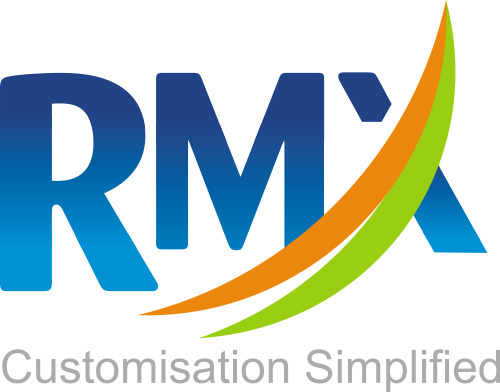
₹ 123000
₹121- ₹123
1000
₹122
0.00

10 Feb 2025
12 Feb 2025
13 Feb 2025
Application Details
The Readymix Construction IPO is scheduled to open on February 6, 2025, and close on February 10, 2025. The IPO is a book-built issue with a price band set between ₹121 to ₹123 per share and a face value of ₹10 per share. The total issue size comprises 30,62,000 shares, aggregating up to ₹37.66 crore, all offered as a fresh issue. The IPO lot size is 1,000 shares, with a minimum investment of ₹1,23,000 for retail investors and ₹2,46,000 for HNIs. The shares will be listed on the NSE SME platform.
The tentative IPO timeline includes the basis of allotment on February 11, 2025, initiation of refunds and credit of shares to Demat accounts on February 12, 2025, and the listing date on February 13, 2025. The issue allocation reserves up to 50% for QIBs, at least 35% for retail investors, and a minimum of 15% for NIIs (HNIs).
About Readymix Construction Machinery Limited (SME IPO)
Incorporated in 2012, Readymix Construction Machinery Limited is a multidisciplinary manufacturer and supplier in the construction equipment sector. The company specializes in designing, developing, fabricating, and installing plant machinery, including Dry Mix Mortar Plants, concrete plant support, silos, and customized projects. It provides turnkey solutions covering conceptualization, development, installation, and after-sales services like repair and maintenance.
Its product portfolio includes Dry Mix Mortar Plants for pre-mixed mortar, support equipment for Readymix Concrete Plants, high-capacity silos for bulk material storage, artificial sand plants for high-quality sand production, and Wall Putty Plants for smooth finishes. Additionally, the company offers business consultancy services, including design, engineering, technology solutions, and recipe optimization to enhance efficiency and reduce costs.
By combining innovative engineering with end-to-end solutions, Readymix Construction Machinery Limited plays a vital role in optimizing construction processes and ensuring the seamless operation of plant machinery and equipment.
FAQ
IPO stands for "Initial Public Offering." It's the process through which a privately-held company becomes publicly traded by offering its shares to the general public and listing them on a stock exchange for trading. This allows the company to raise capital from investors and grants individuals and institutions the opportunity to invest in and own a portion of the company.
The life cycle of an IPO, or Initial Public Offering, begins with a company's decision to go public. It involves hiring underwriters, registering with regulatory authorities, determining the IPO price, marketing to investors, and the subscription period where investors place orders for shares. After allocation and listing, shares become publicly tradable, and the company enters the secondary market. Ongoing reporting and corporate governance are crucial as the company continues to operate as a publicly-traded entity. The IPO aims to raise capital for growth and provides investors with opportunities to trade shares in the company.
An IPO (Initial Public Offering) is when a private company goes public by selling shares to the public. Investors buy these shares, giving them ownership in the company. It's a way for companies to raise capital and expand. The process involves underwriters, regulatory filings, setting the IPO price, and marketing to investors. After the IPO, shares can be traded on a stock exchange. IPOs offer opportunities and risks, so investors should research and consider carefully.
"Upcoming IPOs" refers to initial public offerings that have been announced by private companies but have not yet occurred. These are companies that plan to go public in the near future by issuing shares to the public and listing them on a stock exchange. Investors often keep an eye on upcoming IPOs as they represent opportunities to invest in companies at their early stages of public trading, potentially capturing growth potential. These offerings are typically accompanied by significant media and investor attention as they approach their launch dates.
 Download
Download